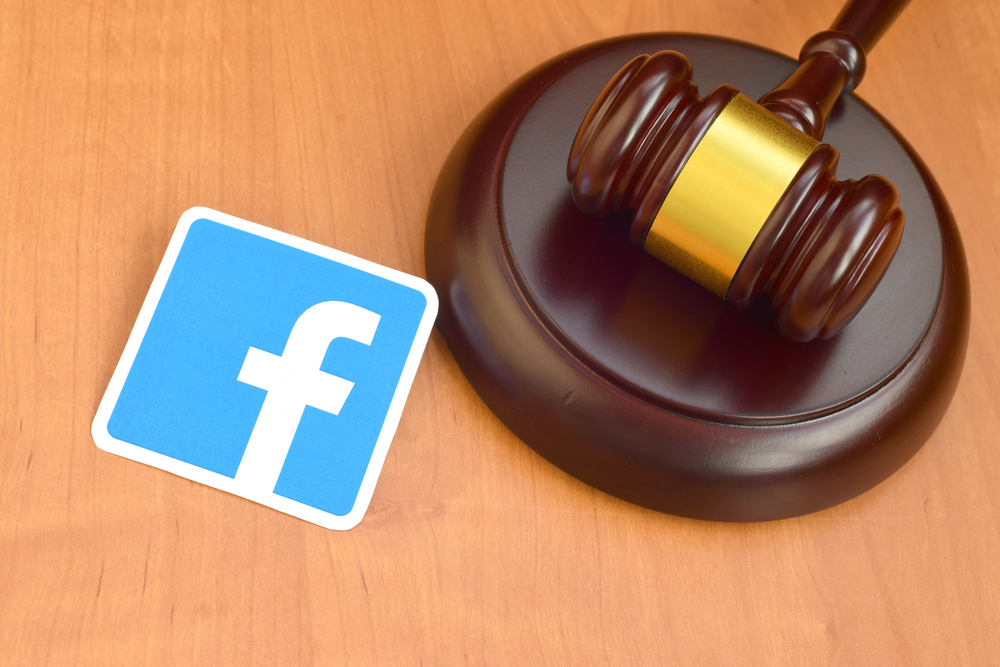

The board will also try to keep Facebook accountable, publishing an annual report that'll include a review of Facebook's actions as a result of its decisions. (The social network says the only exceptions would be decisions that would force it to violate the law, an unlikely occurrence given the legal background of many board members.) Facebook is funding the trust to the tune of $130 million, which it estimates will cover years of expenses.įacebook says it will abide by the board's decisions even in cases when it disagrees with a judgment. Still, when it comes to money, the board is indirectly funded by Facebook through a trust. It maintains its own website (in 18 languages, if you count US and UK English separately) and its own Twitter account. It's a separate entity with its own headquarters and staff. For example, the board isn't a subsidiary of Facebook. That said, the charter establishing the board provides details of the efforts Facebook is taking to ensure the board's independence. Facebook doesn't have a great reputation for transparency. Is the board really independent if Facebook is paying it? To express this sentiment, but Facebook didn't change the board members. Trump and conservatives were unhappy with the makeup of the board, which they saw as too liberal, according to The New Yorker. It hears cases in panels of five members chosen at random. The board will have the power to select future members. Board members will serve a three-year term. Serving on the board is a part-time job, with members paid through a multimillion-dollar trust. About a quarter come from the US and Canada. The members have lived in nearly 30 countries and speak almost as many languages. It also includes a former prime minister and a Nobel Peace Prize winner. In spring 2020, Facebook named the first 20 members of the board, a lineup that includes former judges and current lawyers, professors and journalists.

Who has Facebook chosen to be on this board? Making the board independent of Facebook should, the company reckons, give people confidence that its decisions are being made on the merits of the situation, not on the basis of the company's interests. Regulators, politicians and the public all question whether the decisions the company makes serve its users or itself. It's no secret that Facebook has a trust problem. Facebook reversed its decision shortly afterward as global criticism mounted about the removal of a vital historical image. The company defended the removal, saying the Pulitzer Prize winning image violated its rules on child nudity. One example: Facebook's 2016 removal of an iconic Vietnam War photo that shows a naked girl fleeing a napalm attack. By letting an independent board guide decisions about this content, Facebook hopes it will develop a more consistent application of its rules, which in the past have generated complaints for appearing arbitrary.
#Facebook oversight aboutfacebook code#
The oversight board can help Facebook deal with those complaints while lending credibility to the social network's community standards, a code of conduct that prohibits hate speech, child nudity and a host of other offensive content.

Can Facebook be broken up? What you need to know.Facebook remains top target for disinformation, study says.
#Facebook oversight aboutfacebook how to#


 0 kommentar(er)
0 kommentar(er)
